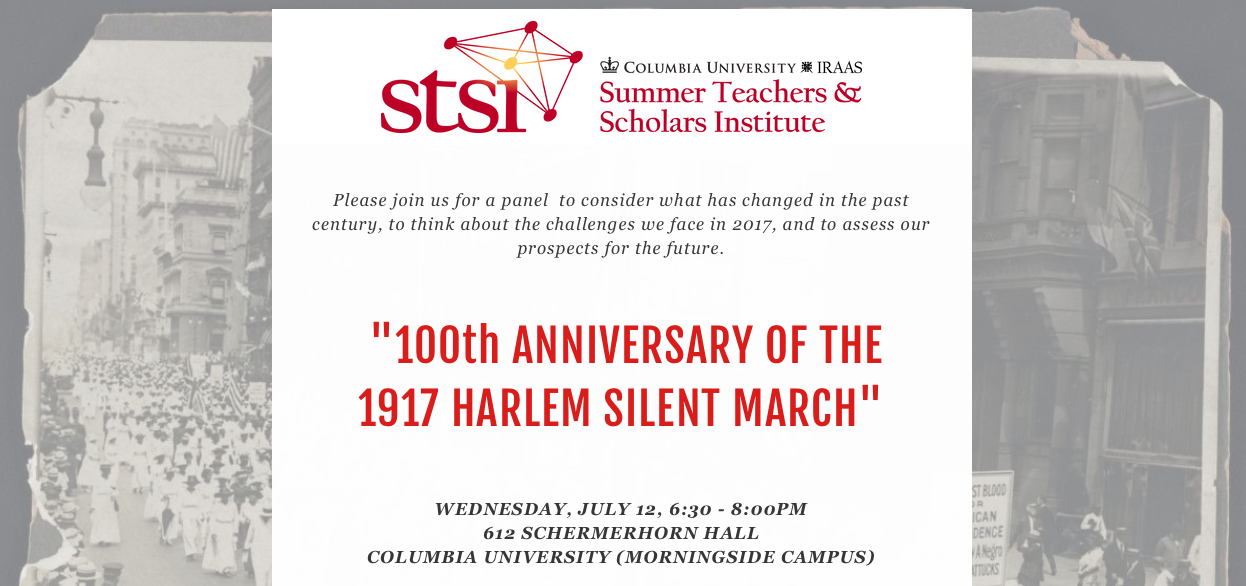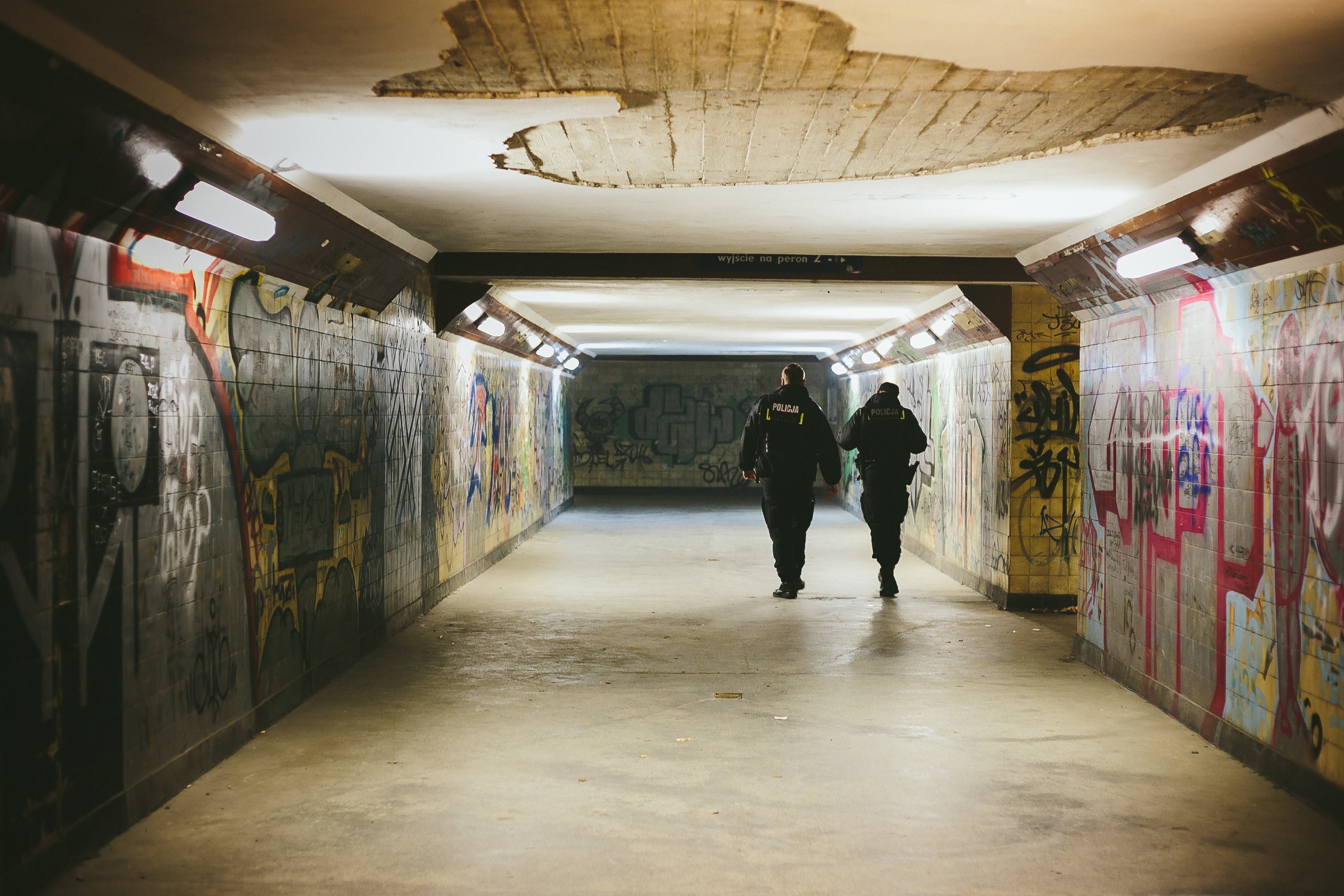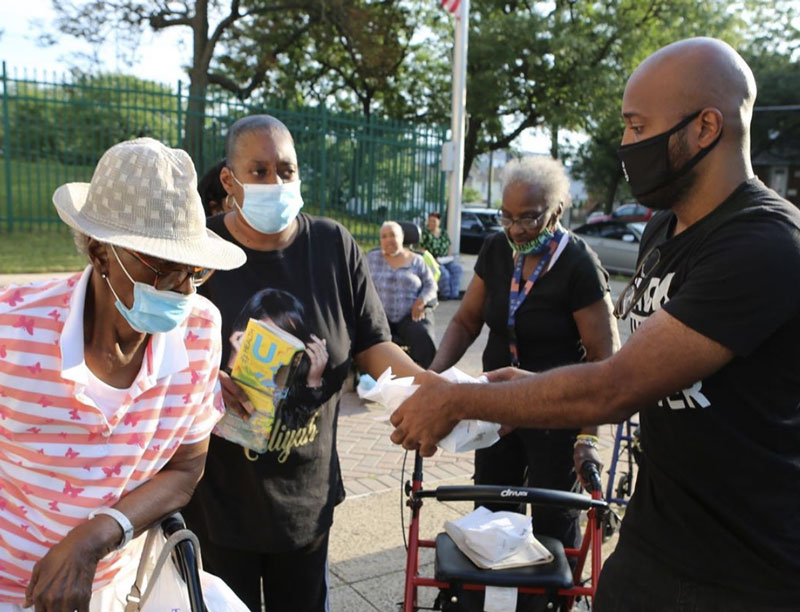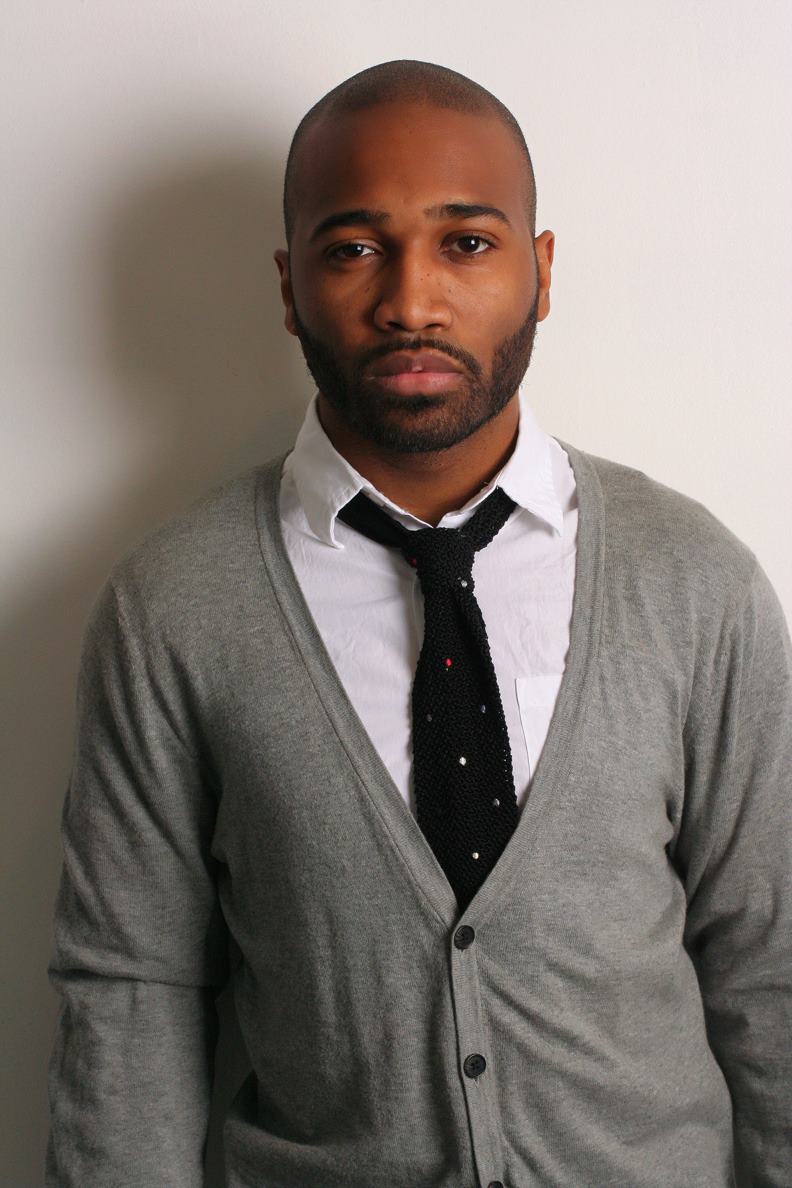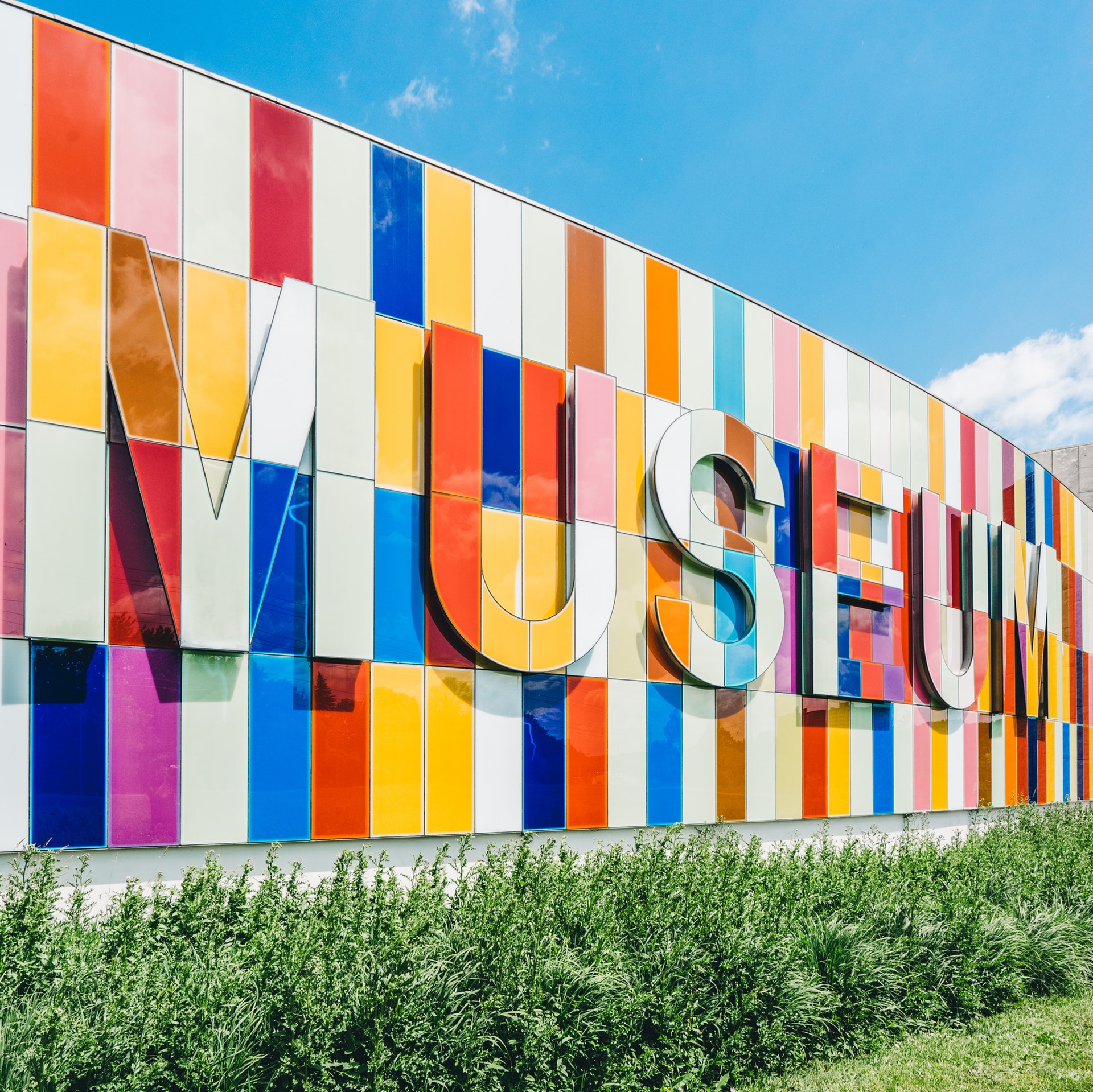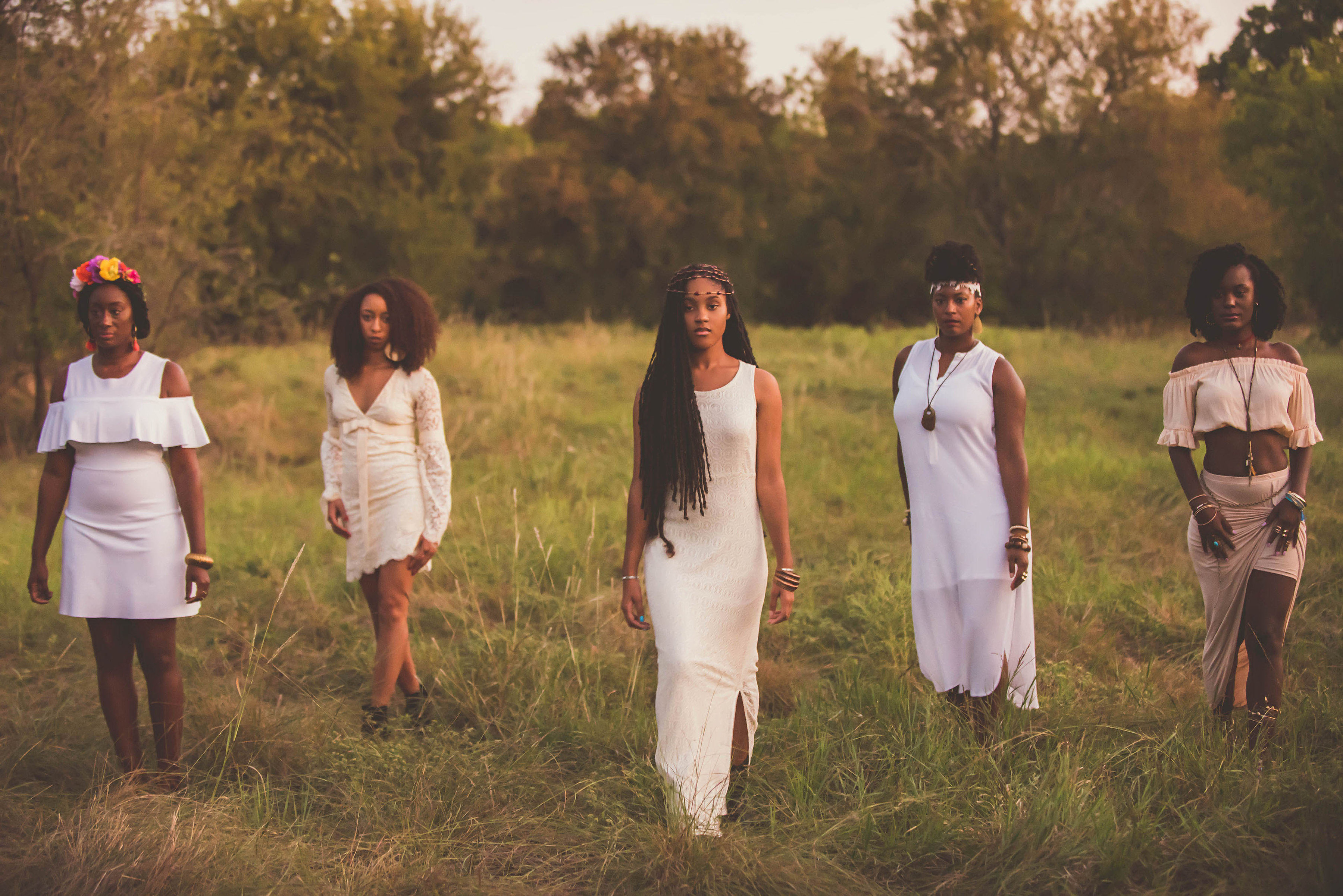Columbia University Summer Teachers & Scholars Institute
Columbia University’s Summer Teachers & Scholars Institute is holding a panel discussion this evening Wednesday July 11, 2017 from 6:30 PM to 8:00 PM… Read More »Columbia University Summer Teachers & Scholars Institute
